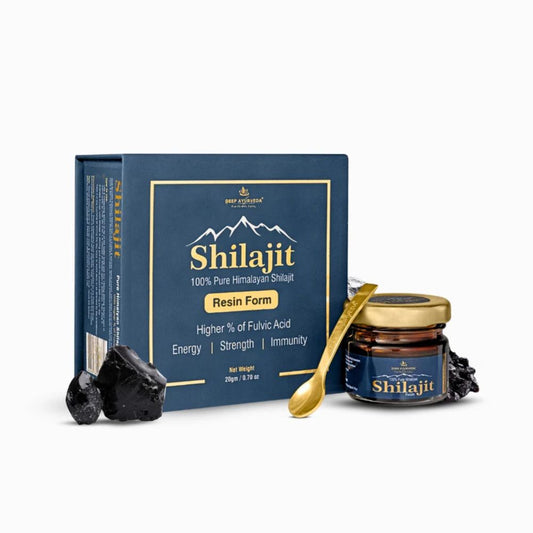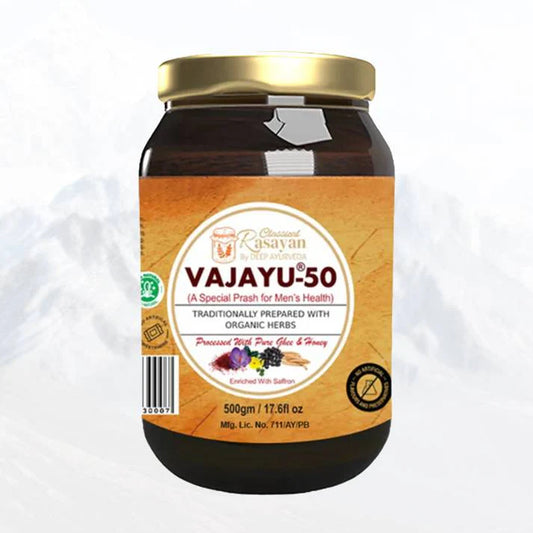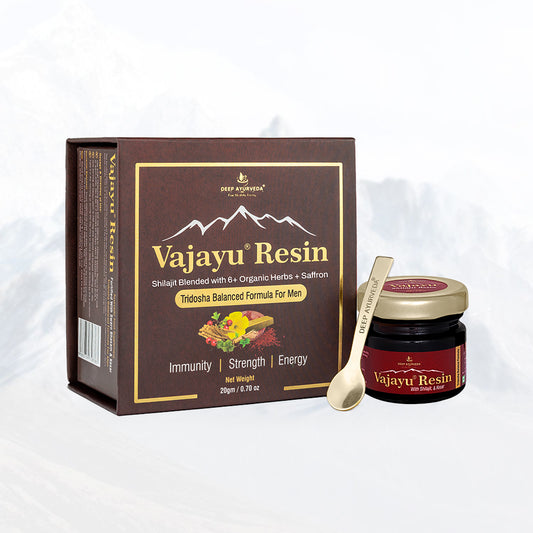Introduction: Ayurveda in the Age of Information
As Ayurveda continues to gain popularity across the globe, especially among young, health-conscious individuals, it also becomes vulnerable to misinformation and myths. In today’s digital era—where quick reels, half-baked blogs, and unqualified influencers often shape health opinions—it’s crucial to separate fact from fiction.
Let’s explore some of the most common Ayurvedic medicine myths, understand the science behind Ayurvedic healing, and learn how to choose the right approach in a world overloaded with information.
Myth 1: Ayurvedic Medicines Work Slowly

Reality: They Work Deeply, Not Just Quickly
One of the biggest misconceptions is that Ayurvedic treatments are "slow." In reality, they work at the root-cause level, targeting dosha imbalance, poor digestion (agni), and toxin accumulation (ama). The focus is not symptomatic relief but long-term correction.
Myth 2: Ayurveda Is for the Elderly
Reality: Ayurveda is Now a Gen Z Wellness Staple
From skin concerns, hormonal issues, mental health, to gut imbalances, Ayurveda is increasingly embraced by Gen Z. With personalized diet plans, adaptogens like Brahmi and Shankhpushpi, and stress-reducing rituals like abhyanga, Ayurveda fits seamlessly into the modern wellness lifestyle.
Myth 3: All Ayurvedic Products Are Safe by Default
Ayurvedic Supplements Safety: What You Need to Know. Not all that’s labeled “Ayurvedic” is safe. Many over-the-counter products may be:
- Poorly formulated
- Contain fillers or synthetic additives
- Not tested for heavy metals or toxins
Myth 4: Ayurveda Is Not Scientific

Reality: Ayurveda Has Strong Research Backing
Many Ayurvedic herbs have been studied in modern pharmacology:
- Curcumin (from Turmeric) – anti-inflammatory and antioxidant
- Giloy (Tinospora cordifolia) – immunomodulator
- Pterostilbene (from Vijaysar) – antidiabetic and metabolic regulator
Numerous studies now validate what Ayurveda has known for centuries, showing that its approach is both preventive and therapeutic.
Myth 5: You Can Self-Medicate with Ayurvedic Herbs
Reality: Ayurveda Is Personalized Medicine
Unlike one-size-fits-all approaches, Ayurveda treats every individual based on their prakriti (body constitution) and vikriti (imbalance). Hence, it’s essential to consult certified Ayurvedic experts—such as the team at Deep Ayurveda—for tailored advice.
Why Choose Deep Ayurveda Over Others?

In a sea of online wellness brands, Deep Ayurveda offers a truly authentic and reliable experience:
- GMP-certified and lab-tested products
- FDA approved
- Formulations by certified Ayurvedic doctors
- Organically sourced herbs
- Personalized treatment protocols combining diet, herbs, and Panchakarma
- Effective for chronic issues like PCOS, diabetes, obesity, stress
- Kits and formulations available online and in clinics
- Trusted by thousands globally for real results
Final Thoughts: Ayurveda Needs Clarity, Not Myths
Ayurveda is not a trend—it’s a 5,000-year-old science. But in the digital age, it must be understood responsibly. By debunking Ayurvedic medicine myths and focusing on Ayurvedic supplements safety, we not only protect ourselves but also honour a system rooted in balance, nature, and deep healing.
For authentic, research-backed guidance and customized care, turn to experts like Deep Ayurveda, where ancient healing meets modern wellness.







